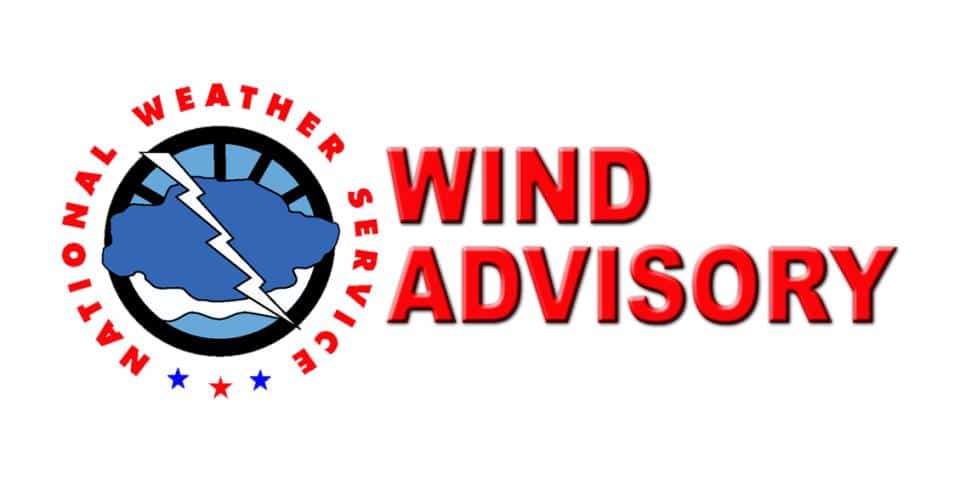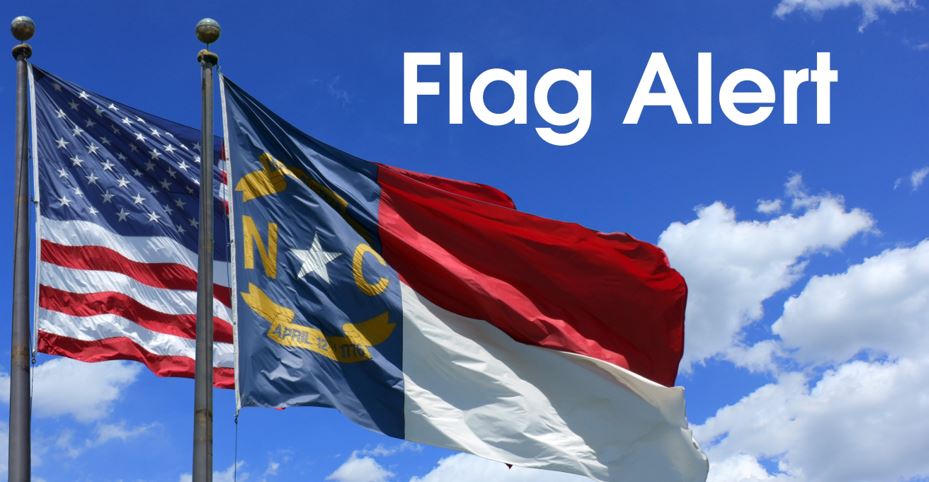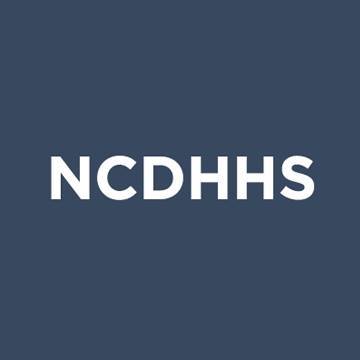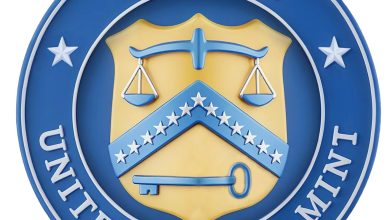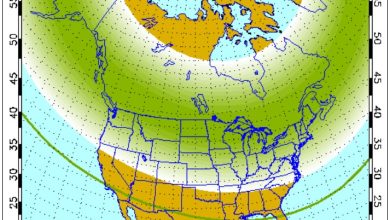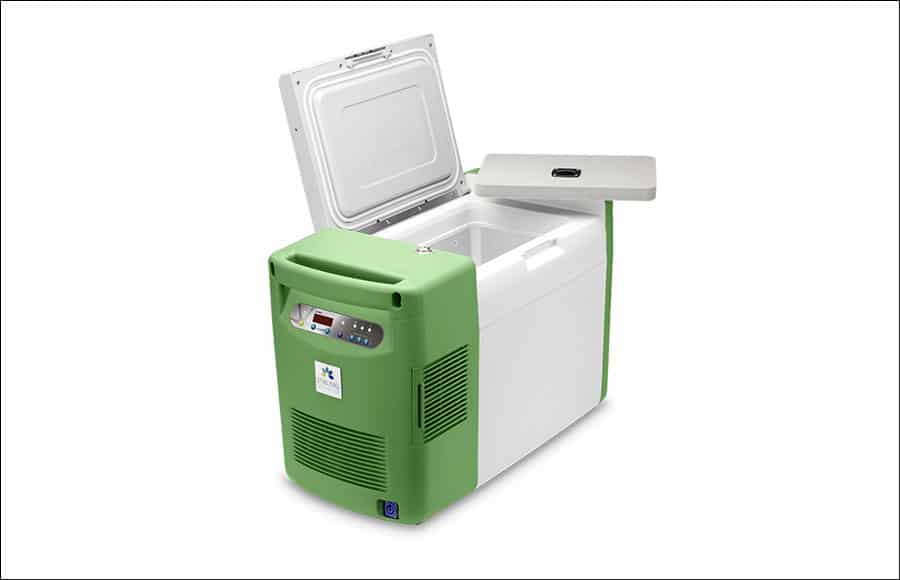
Last Updated on December 21, 2020 4:52 pm
BOONE, N.C. — Appalachian State University will be among 15 University of North Carolina System institutions to receive new cold storage units designated for doses of a COVID-19 vaccine.
App State will receive four mobile Stirling Ultracold freezer units that will, collectively, have the capacity to store 116,200 vials of a COVID-19 vaccine.
The units, which will be provided by the UNC System, were purchased with funds appropriated by the North Carolina General Assembly to support COVID-19 recovery and response efforts across the state. The purchase and distribution of the cold storage units was made possible by the North Carolina Policy Collaboratory at UNC-Chapel Hill — an organization established by the state’s General Assembly to facilitate the dissemination of policy and research expertise within the UNC System and other institutions of higher learning across the state.
According to the UNC System, the cold storage units will provide additional capacity to assist underserved communities and deliver a vaccine through mobile freezers, particularly through the System’s two western campuses, App State and UNC Asheville, and its six historically minority-serving institutions.
“With support from the UNC System, we will be well positioned to assist state and local public health officials with storage of the vaccine as part of the state’s implementation of the NCDHHS vaccine distribution plan,” said App State Chancellor Sheri Everts. “We appreciate the state legislature’s forward thinking that will enable us to be a part of the local and state response to serve rural areas in our state,” she continued. Everts said the freezers would be repurposed for the university’s academic research at a later date.
App State — and UNC System institutions — will not independently procure, store or distribute a vaccine. The UNC System Office will continue to coordinate with the North Carolina Department of Health and Human Services (NCDHHS) about distribution of a vaccine to university students and employees.
Jason Marshburn, App State’s director of environmental health, safety and emergency management, said the university will work with local public health agency AppHealthCare to serve as a vaccine point of distribution site for App State students, faculty and staff. “This will allow the university to become a key part of the broader community vaccination effort,” Marshburn said.
Vaccine distribution will be via state channels in line with the NCDHHS vaccine distribution plan.
Marshburn said once the units are installed, App State will remotely monitor the units to ensure accurate temperature control, and backup locations will be designated to ensure safekeeping in case of an emergency.









